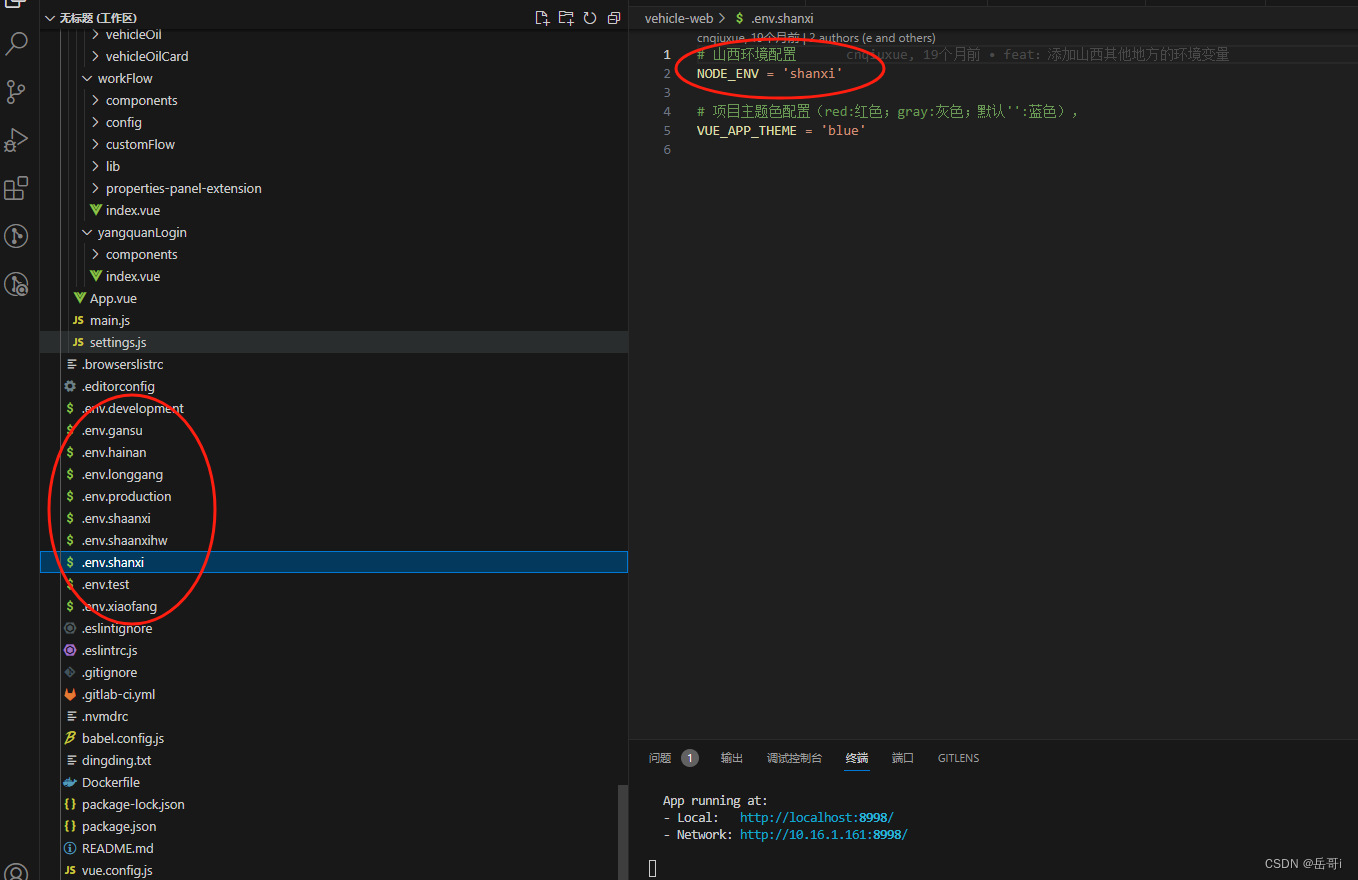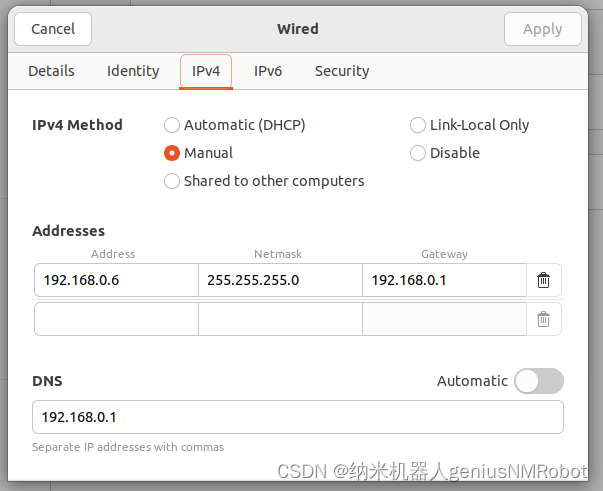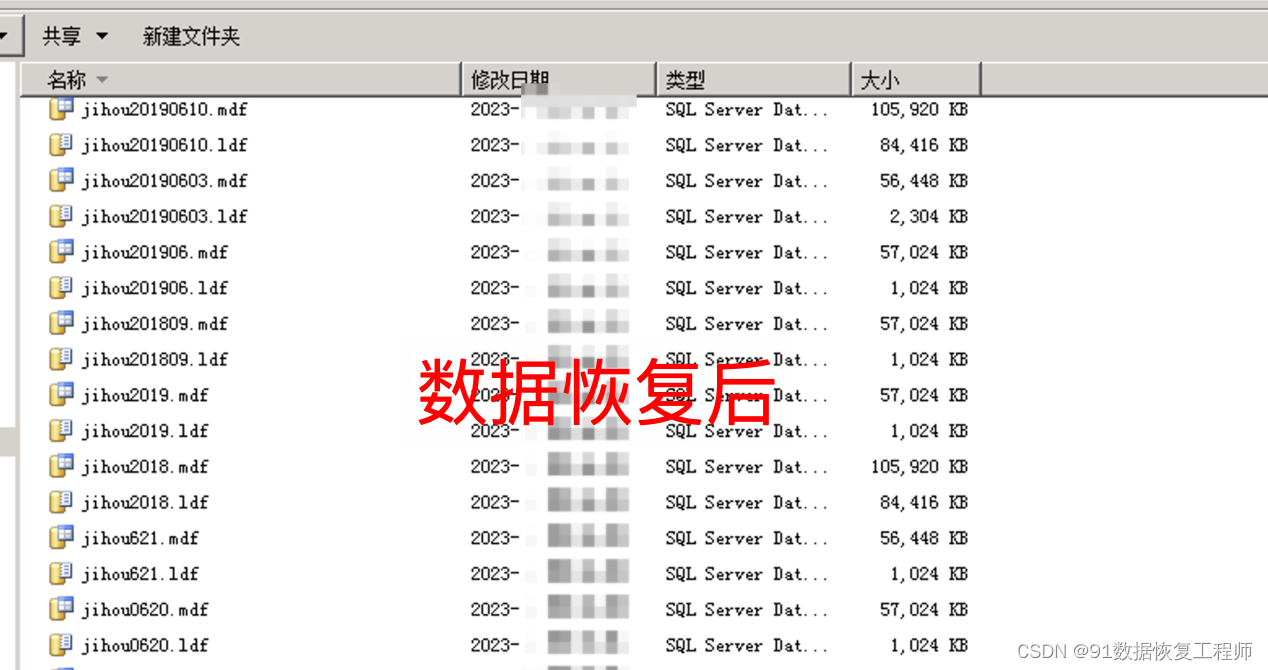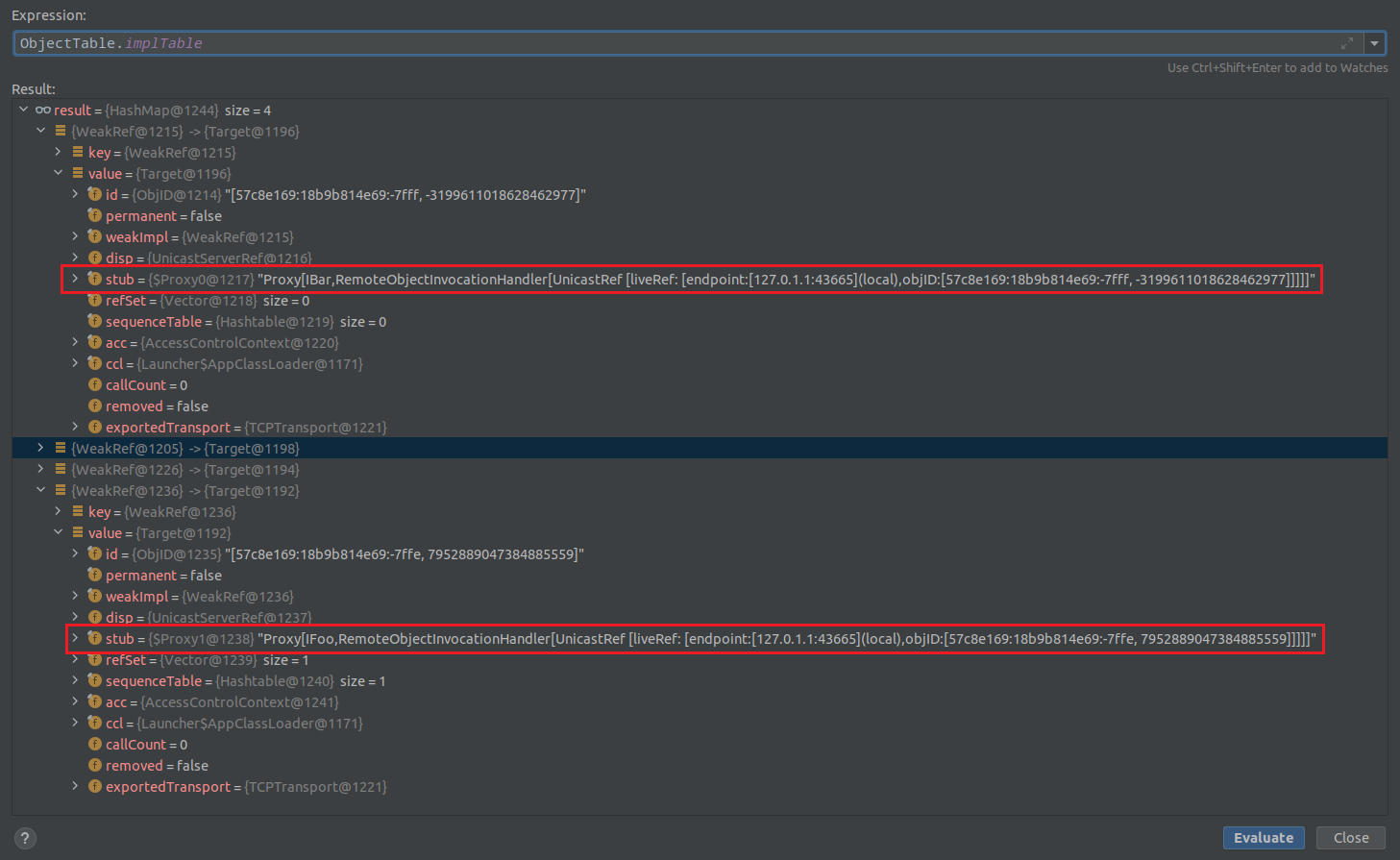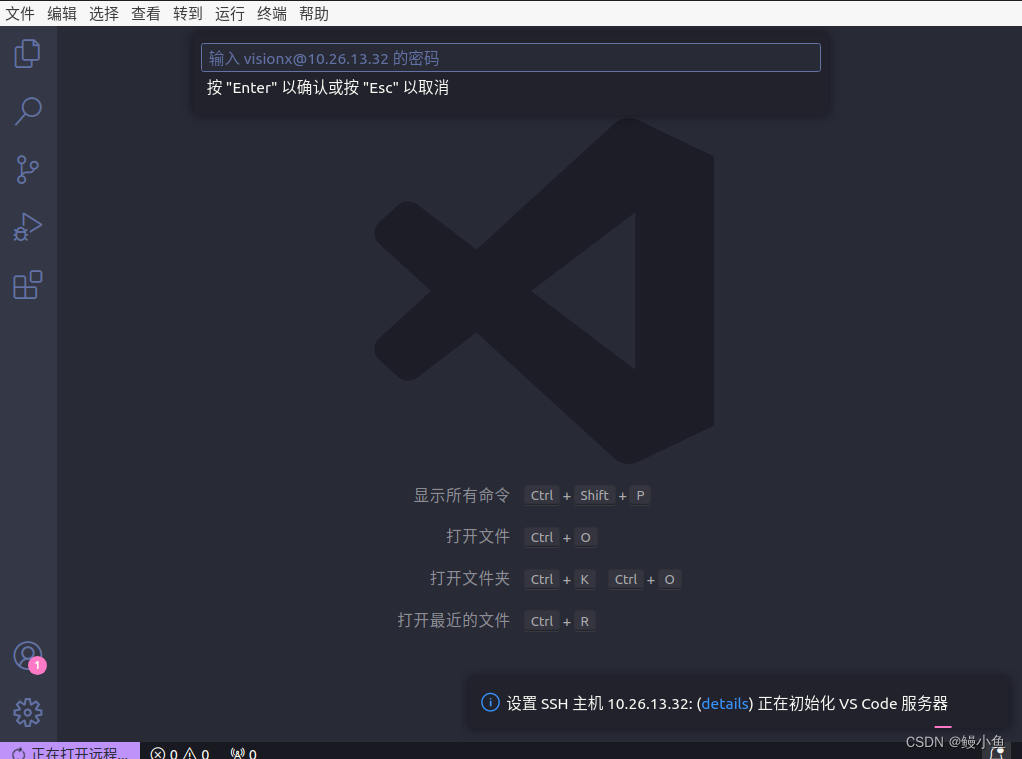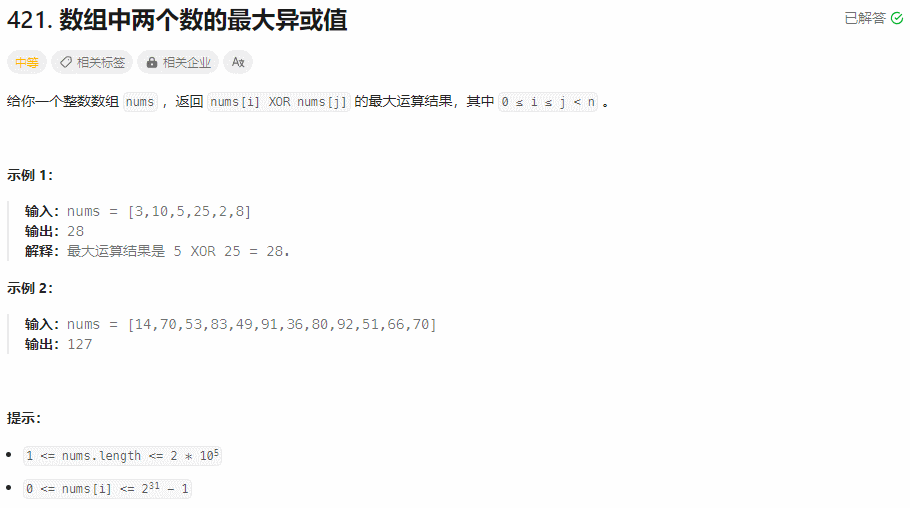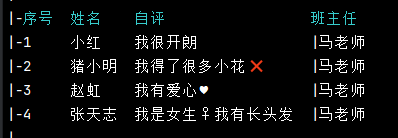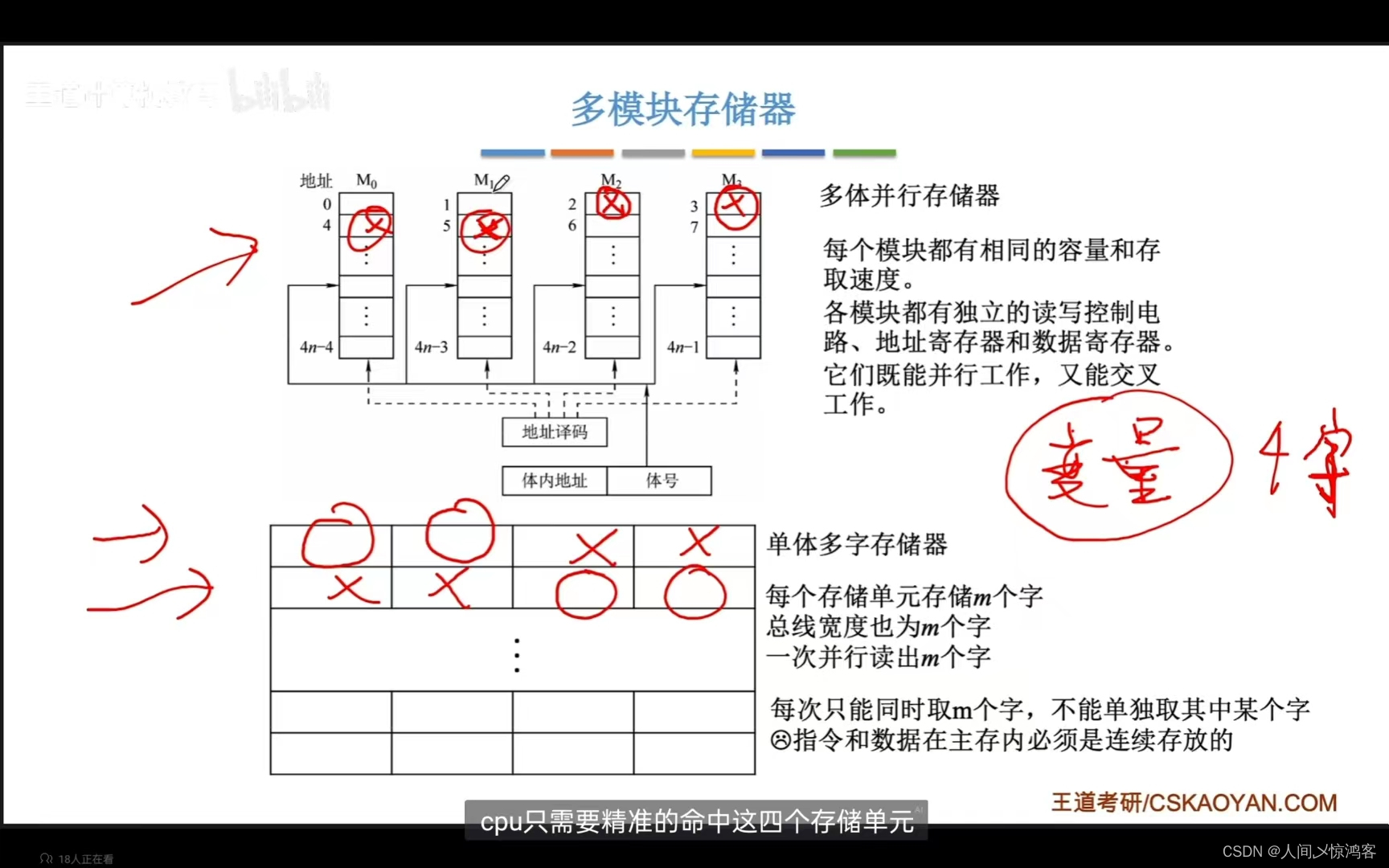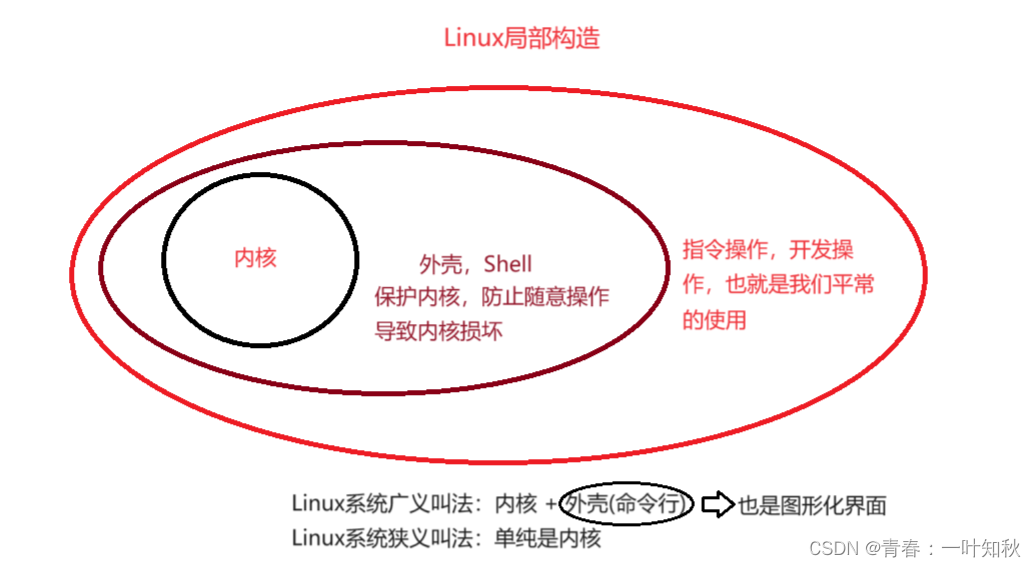Excel
Microsoft Excel是Microsoft为使用Windows和Apple Macintosh操作系统的电脑编写的一款电子表格软件。直观的界面、出色的计算功能和图表工具,再加上成功的市场营销,使Excel成为最流行的个人计算机数据处理软件。在1993年,作为Microsoft Office的组件发布了5.0版之后,Excel就开始成为所适用操作平台上的电子制表软件的霸主。
它也为早起Microsoft Office三大办公基本应用(Word、Excel、PowerPoint)之一。
Excel分为两种格式:xls(Excel 97-2003)和xlsx(Excel 2007及以上)
CSV(Comma Separated Values)
它是以逗号为分隔符的纯文本文件,而 Excel 文件是 Microsoft Office 软件生成的一种电子表格文件。
下面表格对比两者区别
| 扩展名 | 格式 | 编辑 | 功能 | 大小 | 兼容性 |
|---|---|---|---|---|---|
| xlsx(xls) | 包含复杂的格式,如图表,公式,宏等 | 可以使用 Microsoft Office 软件进行编辑 | Excel 文件具有丰富的分析和计算功能 | 较大 | 兼容性取决于使用的软件版本 |
| csv | 只包含简单的文本和数字 | 可以使用任何文本编辑器,如 Notepad 或 Sublime Text | CSV 文件仅提供简单的数据存储功能 | 较小 | 具有较高的兼容性 |
示例
import os
import csv
import codecs
import openpyxl
from openpyxl.descriptors import NoneSet
from openpyxl.styles import (
Font,
Color,
PatternFill
)
from openpyxl.chart import (
PieChart,
Reference
)
class DealExport:
def __init__(self):
self.export_path = os.path.join(os.getcwd(), "data")
def exportFileWithCSV(self, file_name, head, content):
with open(os.path.join(self.export_path, file_name), mode='w', encoding='utf-8', newline='') as file:
if file.tell() == 0:
file.write(codecs.BOM_UTF8.decode("utf-8"))
writer = csv.writer(file)
writer.writerow(head)
for row in content:
writer.writerow(row)
def exportFileWithXlsx(self, file_name, head, content):
# 矩阵置换
matrix = list(zip(*content))
# 创建一个新的Excel文件
workbook = openpyxl.Workbook()
# 选择默认的活动工作表
sheet = workbook.active
# 输出工作表名
ws = workbook.create_sheet('my_sheet', 0)
totalRows = len(head)
totalColumn = len(content)
# for row in range(1, totalRows + 1):
# ws.insert_rows(totalRows, totalColumn) # 在第一行插入rows列
for i in range(0, totalRows):
# 第 1 行 和 第 i+1 列 设置元素
ws.cell(1, i + 1, head[i])
self.setStyle(ws, i)
for i in range(0, totalColumn):
# 内容
row = content[i]
ws.append(row)
# ws.row_dimensions[i].fill = PatternFill('lightDown', '00FFFF99', '00FFFF99')
# ws.row_dimensions[i].height = 25
# 读取数据表格范围
rowsLen = ws.max_row
colsLen = ws.max_column
# for r in range(1, rows + 1):
# for c in range(1, cols):
# title = head[r]
# sheet[r, c] = title[r]
# # 设置列宽
# sheet.column_dimensions[r].width = 20
# # 创建饼状图
# pie = PieChart()
# # 说明 第 1 列 第 1行 至 第 headLen 行
# labels = Reference(ws, 1, 1, totalRows)
# # 数据
# data = Reference(ws, totalColumn, 2, totalRows, 2)
# pie.add_data(data, True)
# pie.set_categories(labels)
# pie.title = "测试饼状图"
#
# ws.add_chart(pie, "D1")
# 保存Excel文件
workbook.save(os.path.join(self.export_path, file_name))
def setStyle(self, sheet, index):
# 设置字体样式
font = Font('Arial', True, True, Color('00000000'))
sheet['A1'].font = font
# 设置单元格背景颜色
# state = NoneSet(values=(['visible', 'hidden', 'veryHidden', 'show']))
# 首行
sheet.cell(1, index + 1).fill = PatternFill('solid', '0000FFFF', '0000FFFF')
if __name__ == '__main__':
deal = DealExport()
head = ("对象", "名称", "描述", "类型", "第一年数量", "第二年数量", "第三年数量", "第四年数量")
content = [["TYPE_A", "This must be subclassed", "demo", "add", 1, 2, 3, 4],
["TYPE_B", "Defines the interface for stateless encoders/decoders", "demo", "delete", 2, 3, 4, 5],
["TYPE_C",
"Encodes the object input and returns a tuple" + "\n" + "--" * 30 + "\n" + "Decodes the object input and returns a tuple",
"demo", "update", 3, 4, 5, 6],
["TYPE_D", "Creates an IncrementalEncoder instance.", "demo", "add", 4, 5, 6, 7],
["TYPE_E",
"This subclass of IncrementalEncoder can be used as the baseclass for an incremental encoder if the encoder must keep some of the output in a buffer between calls to encode()",
"demo", "update", 5, 6, 7, 8]]
deal.exportFileWithCSV("test.csv", head, content)
deal.exportFileWithXlsx("test.xlsx", head, content)
输出csv文件结果如下,大小为675字节
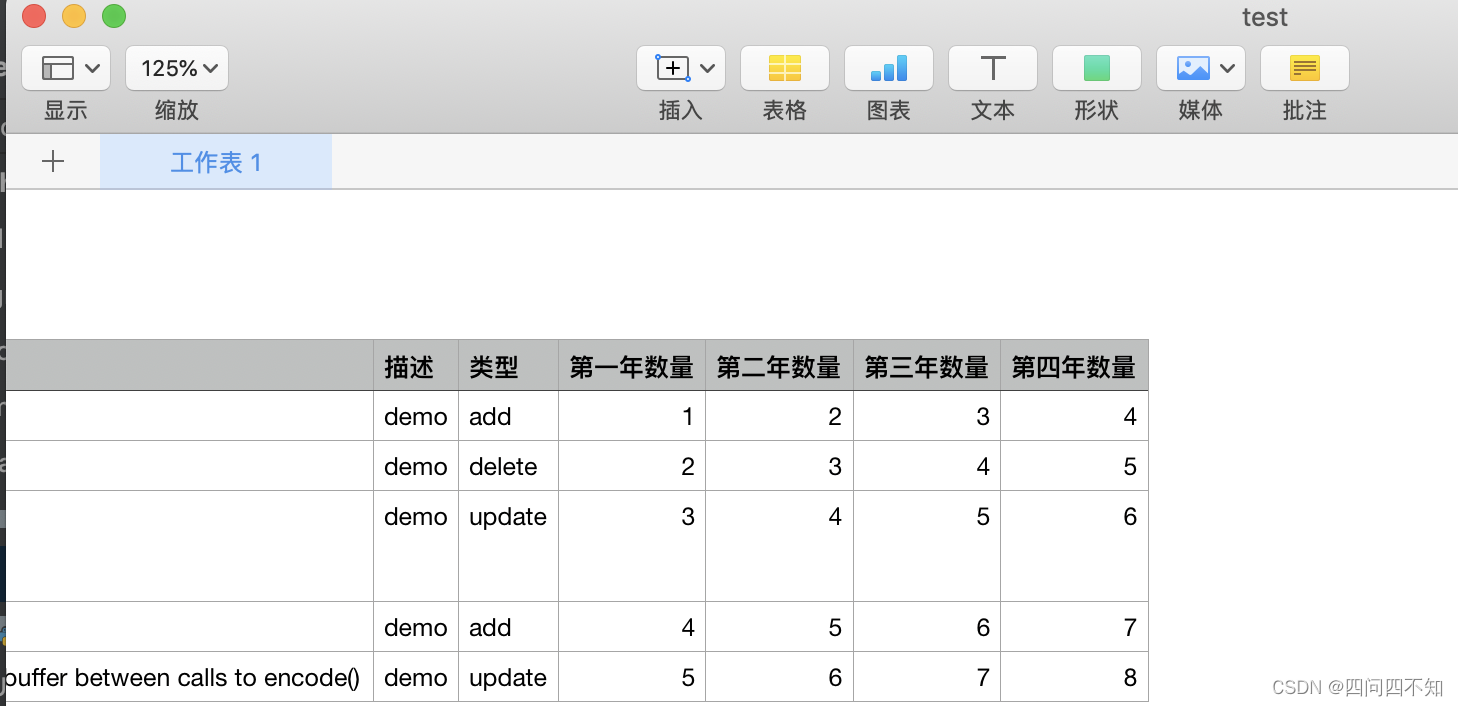
输出xlsx文件结果如下,大小为6KB = 6144字节
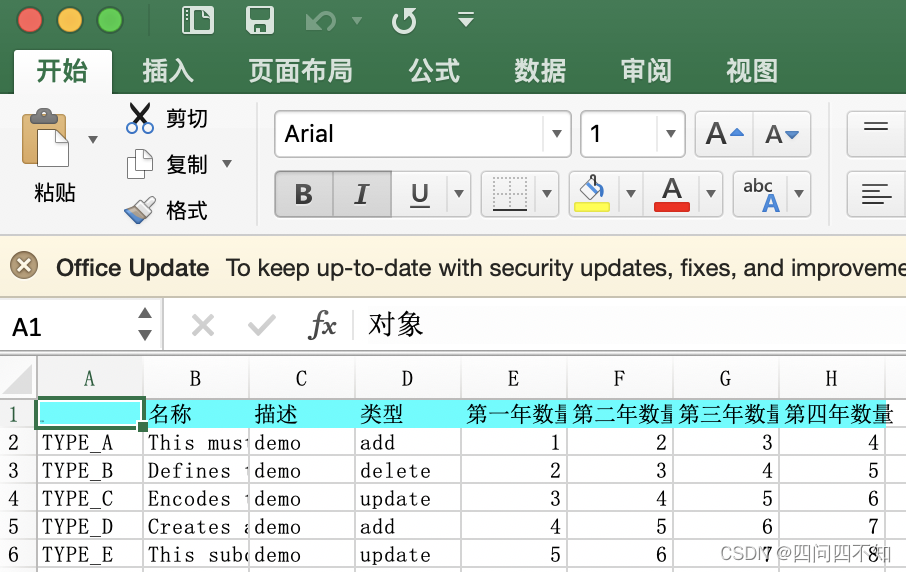
参考
- 腾讯云_一文看懂用Python读取Excel数据
- CSDN_openpyxl包操作Excel文件


